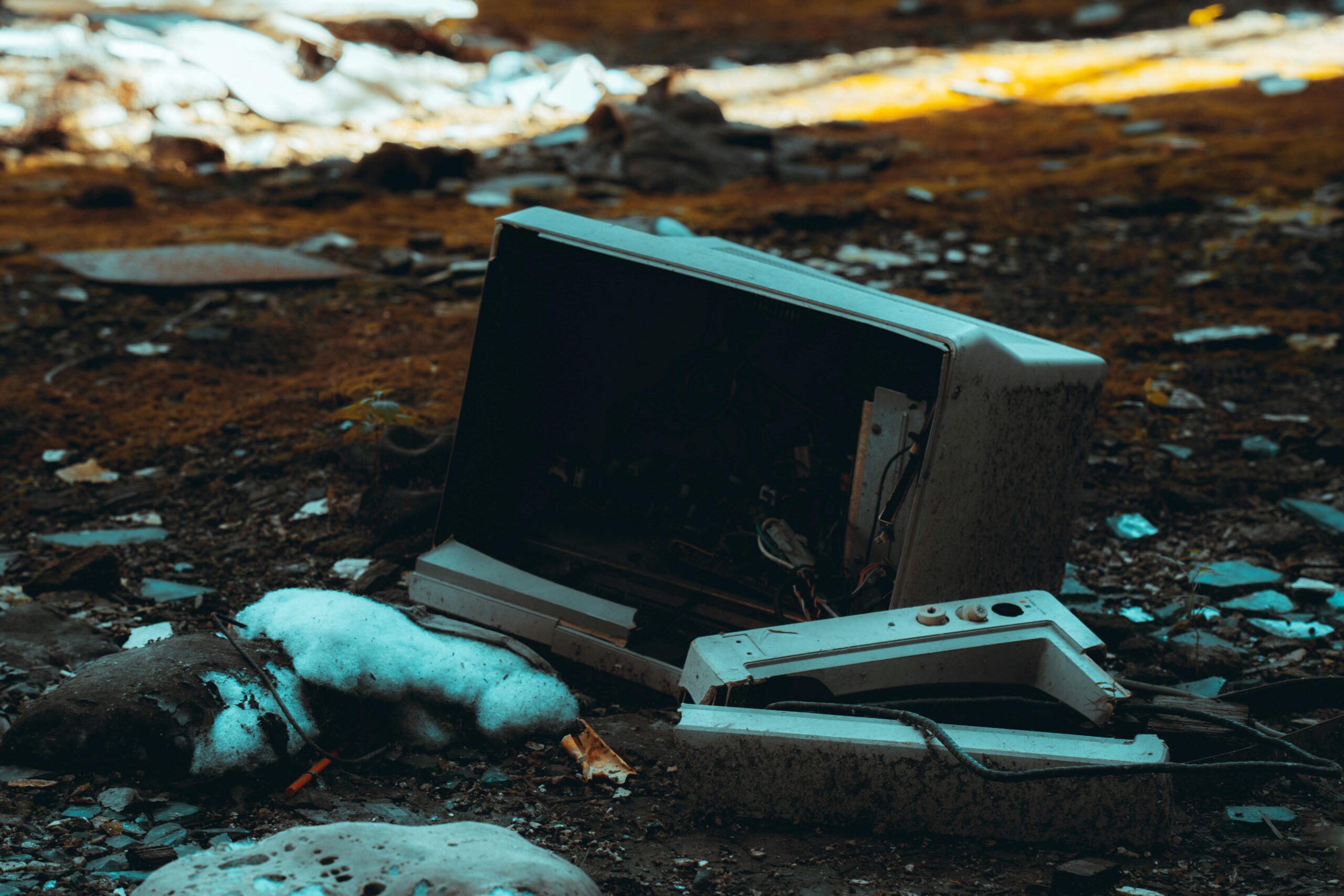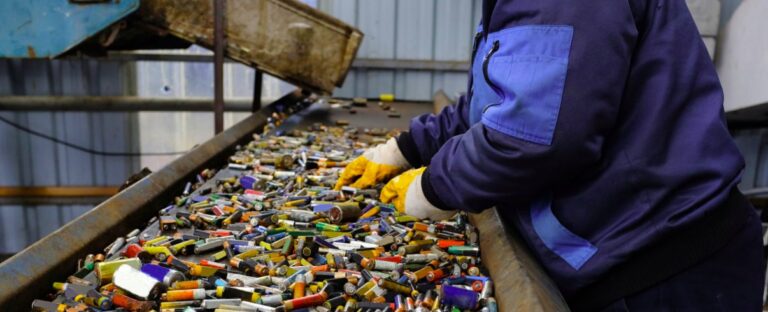
The Hidden Gold in Your Junk Drawer
Imagine a world where your old smartphone, dusty laptop, or broken microwave isn’t just clutter—it’s a goldmine. Literally. Electronic waste (e-waste) is the fastest-growing waste stream globally, with 53.6 million metric tons generated in 2019 alone, and it’s projected to skyrocket as technology evolves 614. But here’s the twist: this “junk” contains $47 billion in recoverable metals like gold, copper, and lithium—resources we’re literally throwing away . For forward-thinking entrepreneurs and businesses, e-waste isn’t a problem—it’s the ultimate untapped business strategy. Let’s explore why.
1. The E-Waste Goldmine: Urban Mining and Material Recovery
E-waste is packed with precious metals and rare earth elements critical for modern tech. For example:
- A ton of discarded smartphones contains 100x more gold than a ton of gold ore .
- Lithium-ion batteries from EVs and gadgets hold metals like cobalt and graphite, which companies like Attero (India’s largest e-waste recycler) are already extracting profitably.
Why it matters: Traditional mining is environmentally destructive and costly. Urban mining—recovering materials from e-waste—reduces reliance on virgin resources, cuts carbon footprints, and turns trash into revenue. Businesses like Glencore and startups in the EU are already capitalizing on this, creating a $102 billion market by 2027.
2. The Circular Economy: Design, Repair, Resell
The linear “take-make-waste” model is dying. Enter the circular economy, where products are designed for longevity, repairability, and recyclability. Companies like Fairphone are leading the charge with modular smartphones, while Apple’s refurbished programs boost brand loyalty and sustainability.
Business opportunities:
- Refurbishment hubs: Repair and resell devices in emerging markets (e.g., Pegasus Waste Management’s focus on Tier 2/3 cities in India) .
- Product-as-a-Service: Lease electronics to ensure they’re returned for recycling.
- Closed-loop manufacturing: Use recycled metals in new products—like Dell’s laptops made from ocean plastics .
3. Regulatory Tailwinds: Compliance = Competitive Edge
Governments are tightening e-waste laws, creating a compliance-driven boom:
- Extended Producer Responsibility (EPR): Mandates that brands like Samsung or HP fund recycling programs. Non-compliance risks fines, but compliance builds trust.
- EU’s Circular Electronics Initiative: Requires durable, repairable designs .
- India’s E-Waste Rules: Penalize informal dumping while incentivizing formal recycling partnerships .
Pro tip: Partner with certified recyclers (e.g., R2v3 or e-Stewards) to meet regulations and attract eco-conscious customers .
4. Tech Innovations: AI, Robotics, and Smarter Recycling
Cutting-edge tech is making e-waste recycling faster, safer, and more profitable:
- AI sorting systems: Identify and separate materials with 95% accuracy, slashing labor costs .
- Blockchain traceability: Track materials from disposal to reuse, ensuring ethical practices.
- Plasma arc recycling: Break down e-waste into raw materials without toxic byproducts 3.
Case study: Startups like Recykal (India) use digital platforms to streamline e-waste collection, while CyberCrunch (U.S.) offers mail-back programs for small businesses .
5. Tackling the Informal Sector: Bridging the Gap
In countries like India, 85% of e-waste is handled by informal workers using unsafe methods 7. But this isn’t just a challenge—it’s an opportunity. By integrating informal networks into formal systems (e.g., training collectors or offering fair wages), businesses can scale responsibly while improving worker safety and material recovery rates .
Success story: Attero collaborates with informal sectors to recover lithium and graphite, reducing reliance on mining while creating jobs.
6. Data Security: Turning Risk into Trust
Discarded devices often hold sensitive data, but secure destruction can be a selling point. Companies like reworx Recycling offer certified data wiping and degaussing, turning a liability into a trust-building service.
Bonus: Pair data security with sustainability—85% of consumers prefer brands that prioritize both.
E-waste isn’t just an environmental crisis—it’s a $100+ billion business opportunity waiting for innovators. Whether you’re a startup exploring urban mining, a manufacturer adopting circular design, or a retailer launching takeback programs, the time to act is now.
Your move:
- Audit your e-waste streams.
- Partner with certified recyclers.
- Educate customers on recycling incentives.
The businesses that thrive tomorrow will be those that see value where others see waste. Let’s build a future where every discarded device is a step toward sustainability—and profit.






